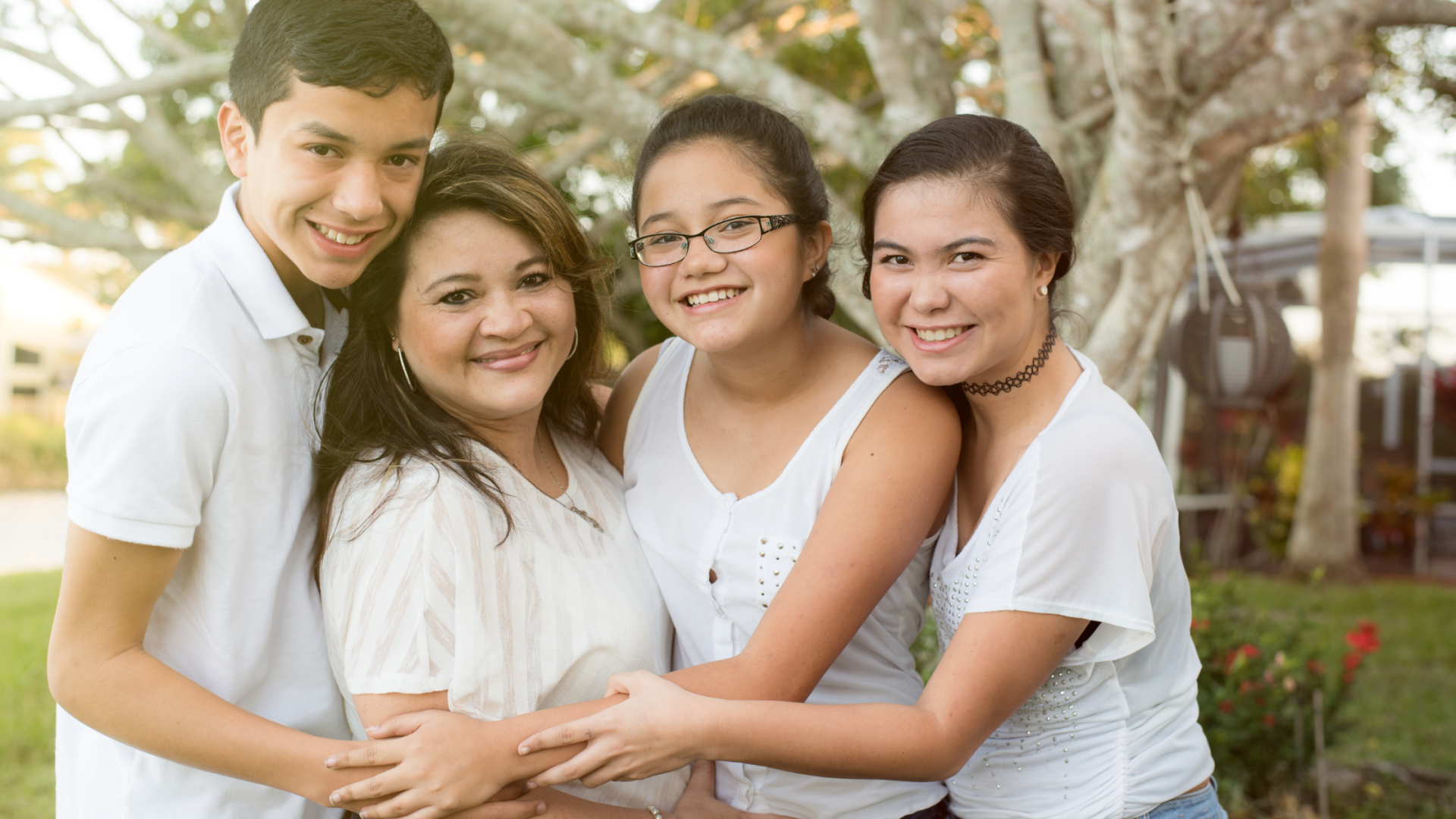Hispanic Heritage Month
Alexandra Pecoraro
Tomorrow marks the start of Hispanic Heritage Month (HHM), which takes place September 15 through October 15. This is a month dedicated to celebrating, recognizing, and sharing the culture, histories, and societal impacts of the Hispanic community in the US. I do think it is important to recognize that many do not think this month should exist, because the history and contributions of the Hispanic community should not be confined to a month (similarly to the debate around all specific historical months). The idea is that the contributions that the Hispanic community has had in the US and the History of the US should be a regular part of curriculum and interwoven into all aspects of education. But due to racism, discrimination, and xenophobia we are not there right now, so we are here to talk about and uplift Hispanic Heritage Month!
How did Hispanic Heritage Month come about?
HHM dates back to 1968, but from 1968 to 1988 it was only a week long. In 1968 Representative Edward Roybal proposed a week-long celebration of Hispanic Heritage, and within the same year Hispanic Heritage Week was signed into law by President Lyndon Johnson. Fast forward to 1988 and Representative Esteban Edward Torres, co-sponsored by Senator Paul Simon, proposed expanding the week into a month and the same year it was signed into law by President Ronald Reagan.
This is the only specific historical month that starts in the middle of a calendar month. This was not haphazardly or randomly chosen. September 15 represents independence for Costa Rica, El Salvador, Guatemala, Honduras, and Nicaragua. Then in the days following Mexico (September 16), Chile (September 18), and Belize (September 21) all celebrate their independence.
What happens during Hispanic Heritage month?
In short it’s a month of celebration, education, and festivals. All across the United States organizations from the Federal Government and the National Parks Services to local organizations such as Fayetteville Arkansas Chamber of Commerce annual festival, Coachella California’s Short Film Festival, or New York City’s Annual Parade host events and festivals to create space to celebrate Hispanic culture, heritage, and societal impact.
I know events look different right now because of COVID and social distancing, but still take this time to support your local organizations and events.
How does this relate to NWACSA, and what can we do?
Sexual violence impacts all communities, but it impacts all communities differently. Research shows that 1 in 7 Latinas experience a completed rape in their lifetime and 1 in 3 experience sexual violence in their life. It is important to recognize that these are reported numbers and a barrier for the Hispanic community is access to reporting. So research shows around 1 in 5 people in the Hispanic community who experience sexual violence ever seek any kind of official help (police, sexual assault center, counseling, etc.) which official help even extends outside of reporting. There are a multitude of barriers, but some are access to resources not in English, fear of deportation, fear of judicial violence against the perpetrator, among many others.
Some steps we can take to break down these barriers for survivors and to create a community where we don’t need a Hispanic Heritage Month (because it is a part of everyday celebrations and appreciations) are creating space and access to power for the Hispanic community. This means taking time to be quiet and listen to the needs and wants of the community. Then once people’s needs and wants are established using your power and privilege to provide support, access, and platforms for the Hispanic community. A major way to break down barriers for reporting and seeking support is hiring people within the Hispanic community. This will allow survivors to go to people who understand their experiences, concerns, and barriers to reporting and processing. This ideas extend outside of sexual violence and the center and should be implemented in all education and work places. Hiring people and putting people in positions of power of a variety of backgrounds, ethnicities, and races allows for businesses or non-profits to provide more comprehensive need specific services.
Virtual events & resources (many available year round):
- NWA Hispanic Heritage Festival: https://nwahispanicheritagefestival.com/
- Google Arts & Culture: https://artsandculture.google.com/project/uslatinocultures
- Grupo de Artistas Latino Americanos (GALA) Hispanic Theatre: https://www.galatheatre.org/gala-online
- Museum of Latin American Art (MOLAA): https://molaa.org/
- The Smithsonian Latino Center (SLC): https://latino.si.edu/
- National Hispanic Heritage Month Website: https://hispanicheritagemonth.gov/
Share this post







